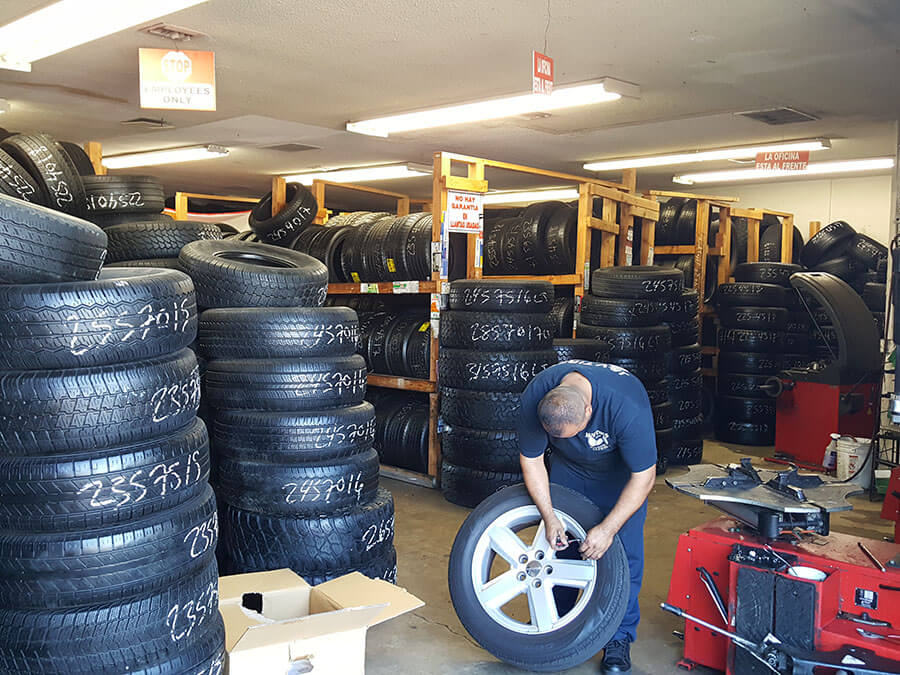Morris Tire and Alignment: Your Trusted Source for Reliable Service
Tire Solution: Comprehending Tire Pressure Monitoring Equipments
Recognizing Tire Pressure Tracking Equipments (TPMS) is an important facet of maintaining ideal lorry performance and security on the roadway. With advancements in automobile modern technology, TPMS has actually become a common feature in contemporary lorries, supplying real-time information on tire stress degrees.

Value of TPMS
The relevance of Tire Stress Monitoring Systems (TPMS) depends on their ability to improve vehicle safety and efficiency via real-time tracking of tire pressure degrees. Maintaining the right tire stress is essential for making sure ideal handling, stopping, and general safety and security of a lorry. TPMS provides vehicle drivers with prompt comments on any underinflated or overinflated tires, permitting for timely adjustments to be made.
Parts of TPMS
Sensors are usually situated in the tire valve stem or connected to the wheel setting up, where they determine tire stress and send data to the control component. Some advanced TPMS models additionally show the real tire pressure readings for each tire, supplying chauffeurs with real-time information to make certain optimal tire efficiency and security. By checking tire pressure continually, TPMS assists stop mishaps, lowers tire wear, and boosts gas performance, making it a critical component for lorry safety and efficiency. tires morris il.
Sorts Of TPMS

On the various other hand, indirect TPMS depends on the automobile's wheel rate sensors to keep track of tire stress. This system finds underinflation by comparing the rotational rates of the wheels. Indirect TPMS is much less costly than straight TPMS, as it utilizes existing sensing units within the car.
While straight TPMS offers a lot more exact analyses, indirect TPMS is easier in design and generally requires less upkeep. Both systems have their constraints and benefits, and the selection between them typically depends upon elements such as cost, car make, and individual preference. Recognizing the distinctions between these 2 kinds of TPMS can aid vehicle owners make informed choices relating to tire maintenance and safety.
TPMS Upkeep Tips
Efficient maintenance of TPMS is essential for guaranteeing optimum efficiency and safety of your car. Consistently evaluating the TPMS sensing units for any kind of damage or corrosion is important. Ensure that the sensing units are cost-free and clean from particles that can conflict with their functioning. Furthermore, it is advisable to examine the sensor batteries periodically why not look here and change them as needed to ensure exact analyses. Conduct regular examine the tire stress degrees and contrast them with the TPMS readings to ensure they are consistent. Alter the system adhering to the supplier's standards if there are any kind of disparities. During tire rotation or replacement, make sure that the TPMS components are handled carefully to prevent any potential damages. If the TPMS warning light brightens on the control panel, resolve the concern quickly by checking the tire stress and the total system for any kind of faults. By sticking to these upkeep suggestions, you can lengthen the life-span of your TPMS and enhance the safety of your driving experience.
Benefits of Proper Tire Stress
Maintaining appropriate tire pressure, as pop over here highlighted in TPMS Maintenance Tips, is vital for reaping the many benefits connected with optimum tire stress levels. One of the primary benefits of preserving the right tire pressure is enhanced gas effectiveness. When tires are appropriately blown up, there is less rolling resistance, causing better gas economic situation. Furthermore, appropriate tire pressure ensures even tire wear, expanding the lifespan of the tires and advertising more secure driving conditions. With the appropriate tire stress, lorries likewise have far better handling and grip, specifically in unfavorable climate condition. This can improve total driving efficiency and safety and security for the vehicle driver and travelers. Maintaining ideal tire stress can contribute to a smoother and a lot more comfortable ride by lowering vibrations and sound caused by underinflated tires. In final thought, the advantages of appropriate tire stress exceed simply tire longevity; they include boosted gas efficiency, boosted safety and security, better lorry performance, and general driving convenience.
Conclusion
In verdict, recognizing tire stress monitoring systems (TPMS) is critical for preserving optimum tire stress and making certain vehicle safety and security. By identifying the value of TPMS, knowing with its parts, knowing the different types readily available, adhering to appropriate upkeep ideas, and realizing the advantages of maintaining proper tire stress, drivers can boost their driving experience and prolong the life-span of their tires. Proper tire pressure is vital to safe and effective car operation.
